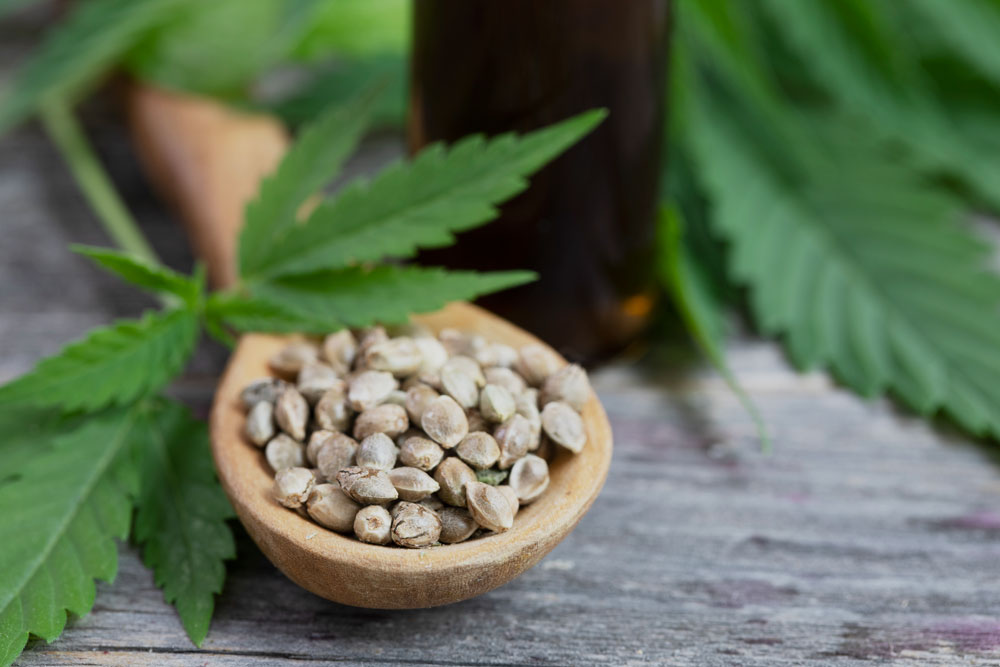The road to healthier, high-yielding plants and higher-quality nutrients has led growers to learn more about the science of growing, particularly plant metabolism and nutrition. But that means you need to understand how to improve plant performance. The best place to start is with enzymes, which are probably the most effective tool for plant nutrition.
Enzymes are the biological catalysts that break down organic matter, improve nutrient availability and encourage healthy roots. Understanding enzymes’ role is crucial to improving plant performance regardless of the medium you grow in, whether it’s soil, hydroponics or coco.
What Are Enzymes?
Enzymes are proteins in the plant that trigger biochemical reactions without being consumed. They are what break down the complex materials a plant needs to support the roots and absorb maximum nutrients.
The Role of Enzymes: What do Enzymes do?
Break down dead plant matter:
Plants not only shed leaves but roots. This leaves behind debris that is broken down by the enzymes through decomposition. The breaking down of the debris prevents root rot and the buildup of pathogens. This process keeps the root system clean.
Nutrient Efficiency:
Enzymes help our plants get the most from nutrients. They work by breaking up nutrients into friendly sizes.
Support Soil and Substrate Health:
Enzymes work to promote microbe activity that is beneficial for plants. The enzymes reduce harmful organic residue and waste buildup.
Increases Stress Resistance
When plants suffer from drought, overwatering, or changes in feeding, enzymes help them deal with stress. Enzymes increase stress resistance by supporting stronger root and shoot development.
Organic Recycling
Recycling isn’t just something humans do. Plants do it as well. Enzymes recycle by speeding up the breakdown of compost and other organic materials. The breakdown releases nutrients bound in the soil, an essential component in supporting plants that are not up taking nutrients.
Enzymes Used in Growing:
- Cellulase (Breaks down cellulose in dead roots)
- Protease (Converts proteins into amino acids.)
- Lipase (Decomposes fats and oils in soil and hydroponics.)
- Amylase (Breaks down starches into sugars for microbial growth).
How Do Growers Use Enzymes?
Common ways growers use enzymes to support plant health and performance include root cleansers or supplements paired with microbial additives and during flushing to remove salt buildup.
Conclusion:
The more you know, the better you grow, and now you know enzymes play a crucial role in modern growing. They improve plant growth, nutrient efficiency and substrate health. No matter if you grow organic, hydro or traditional soil farming, enzymes help plants thrive. Enzyme supplements can enhance root health, boost yields, and optimise the nutrient cycle.



